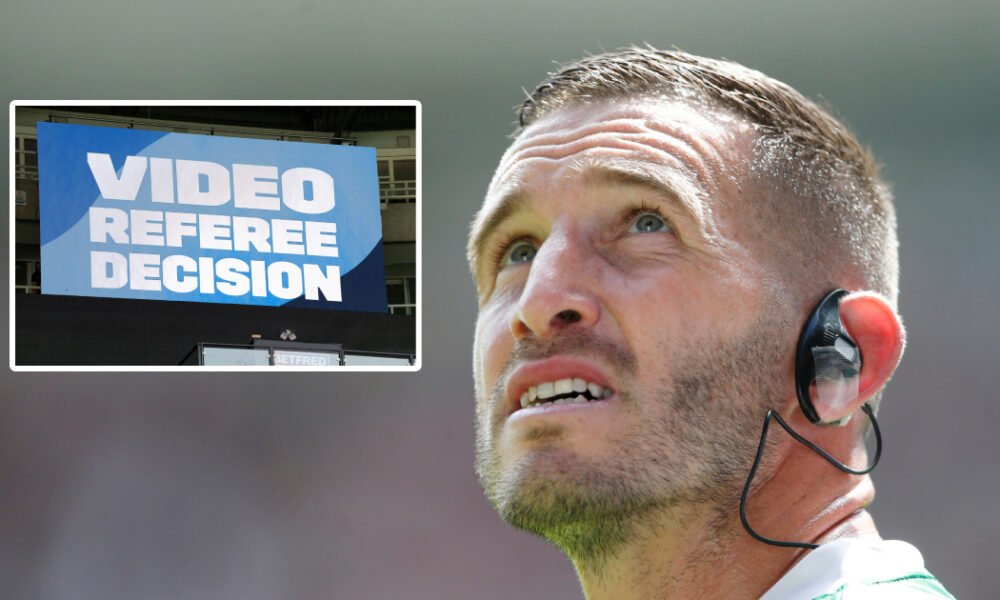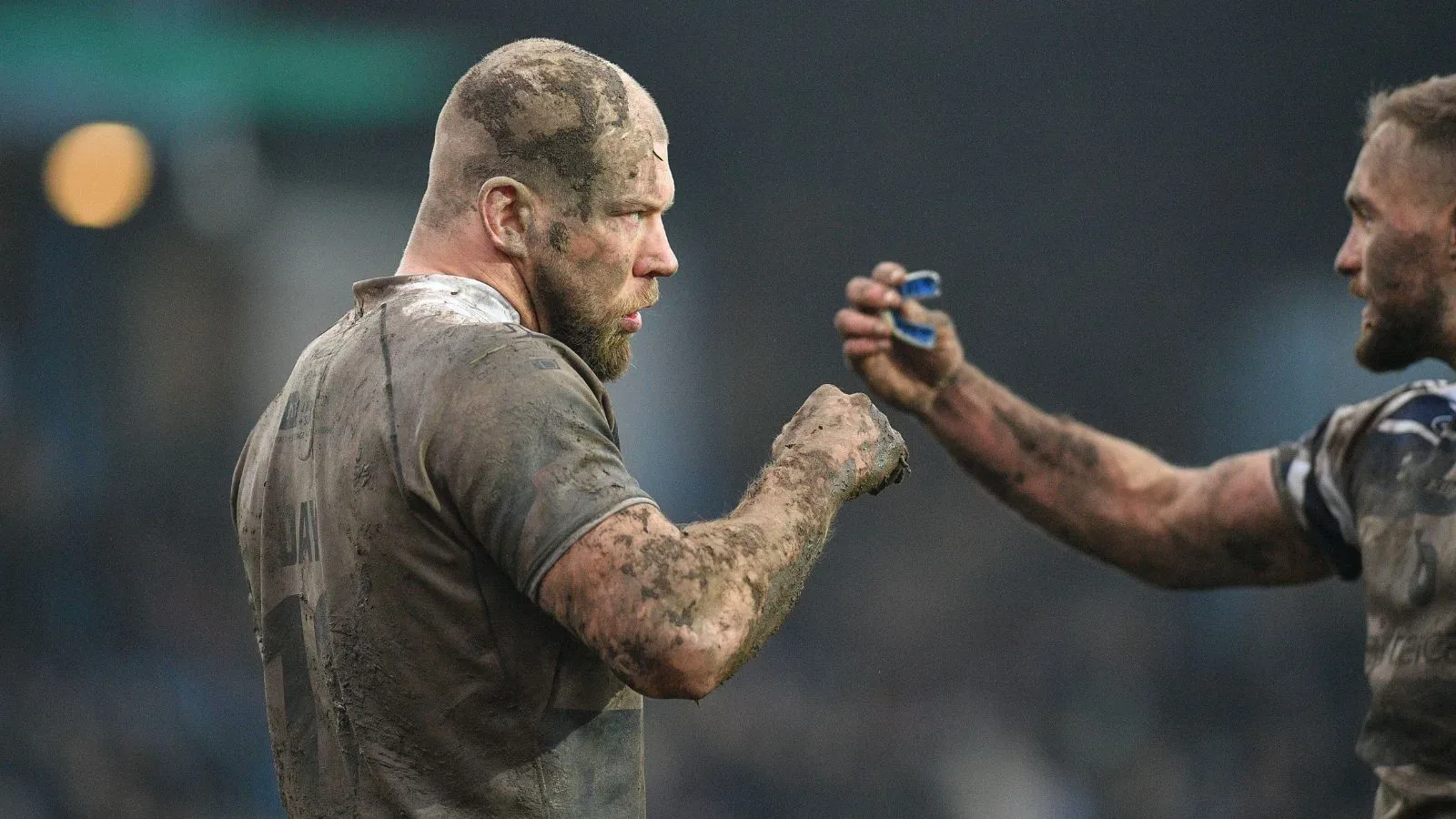Drama and Debate: The Enduring Role of the Video Referee in Rugby League
The use of video technology to assist match officials has been a contentious aspect of decision-making in Rugby League for some time. Under the current model employed by the Rugby Football League (RFL), the on-field referee’s live call is the starting point, with the video referee then required to find conclusive evidence to overturn the initial decision.
This approach has led to several high-profile controversies in recent weeks, most notably during the Salford Red Devils’ clash with Warrington Wolves. A number of marginal calls were made, and the video referee was unable to provide the necessary evidence to reverse the on-field rulings.
“I was at Warrington on Saturday, and I’m sat in the crowd and I’m waiting for the referee’s live call, in anticipation,” he said. “People have got used to it and it’s that there’s a little bit of drama in the ground waiting for the referees to try or not try. That drama will be lost.”
In a recent RFL media briefing, the Head of Match Officials, Phil Bentham, addressed the future of the video referee process. Bentham, a former Super League referee who has also worked with the Premier League on the implementation of VAR, has confirmed that the current decision-making framework will remain in place.
Bentham acknowledged that during his refereeing days under the old system, where the video referee made the final call, there were concerns about too many decisions being made remotely. “I think there is some merit in us not necessarily having a fixed live call but having that conversation between the [person] on field and the [person] in the video ref booth,” he explained.
However, Bentham believes that the wait for the on-field referee’s decision adds a layer of drama and anticipation that the fans have come to expect.
The RFL’s decision to maintain the current video referee process, despite the ongoing debates and controversies, reflects a desire to preserve the unique drama and excitement that surrounds the decision-making in Rugby League matches.
🔗 Source



